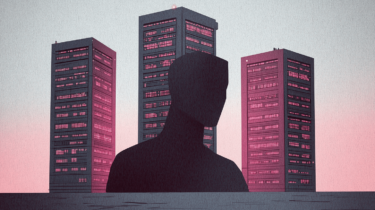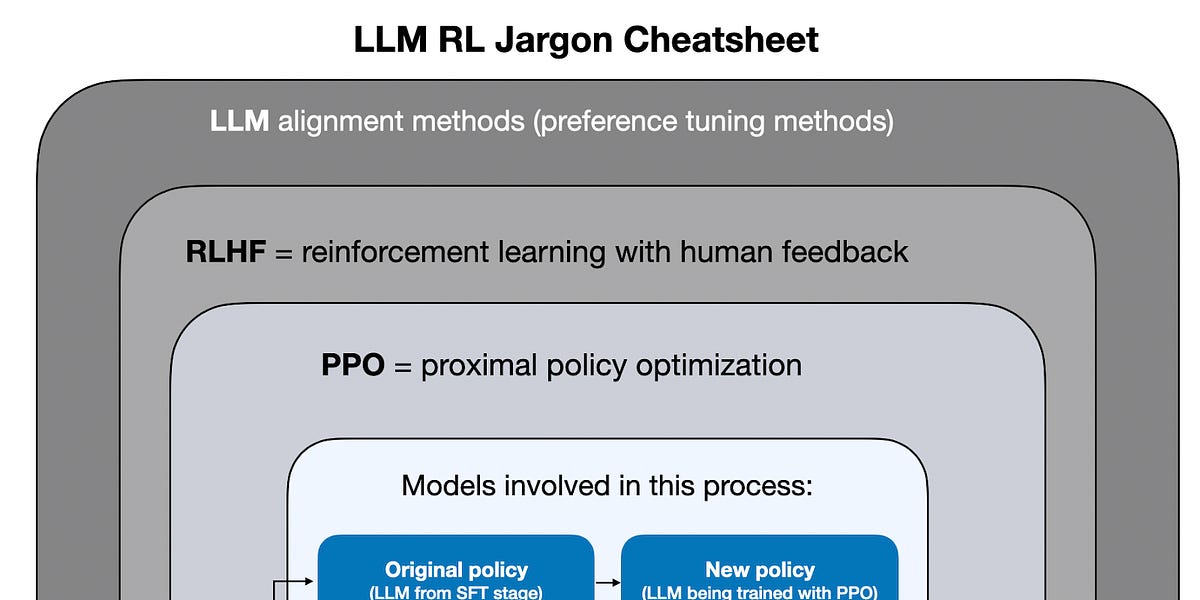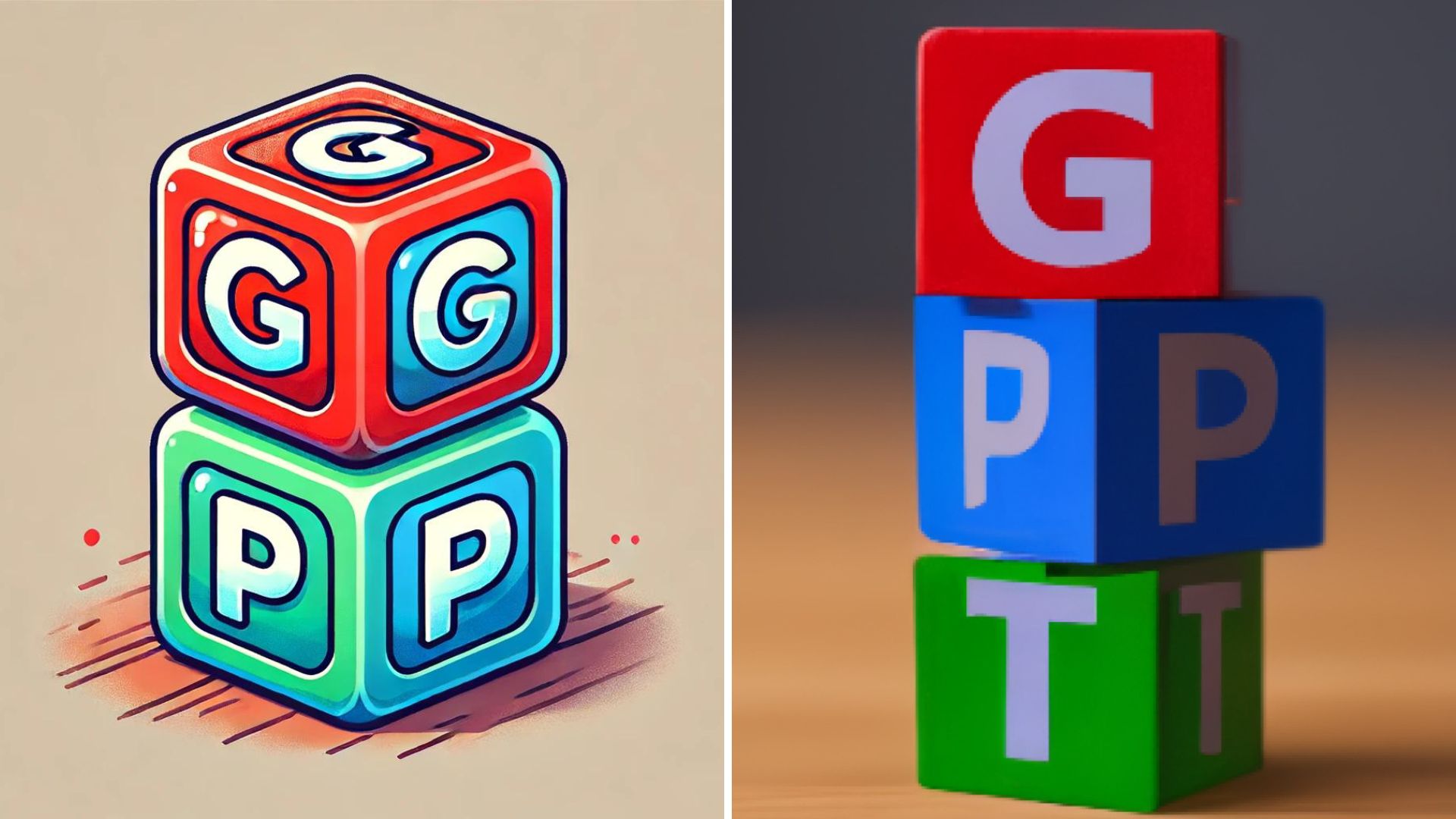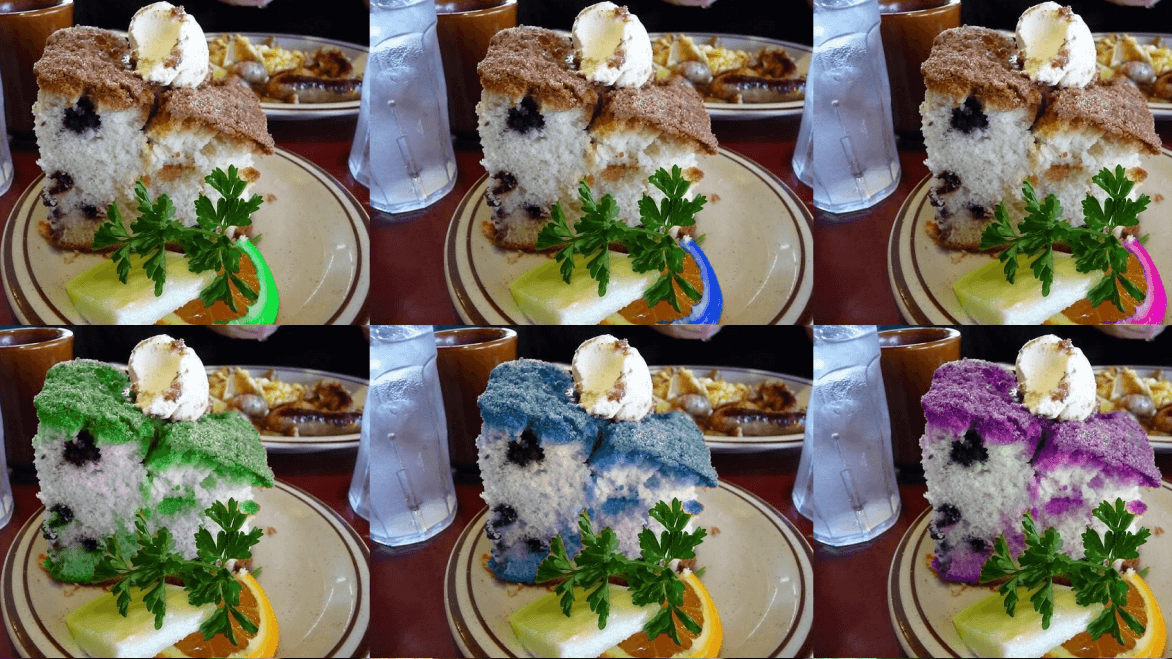In a recent TED interview, OpenAI CEO Sam Altman discussed how artists might be compensated when AI systems use their distinctive styles, while addressing broader concerns about creative rights and AI art generation.
OpenAI currently avoids generating images that mimic living artists' styles. However, Altman suggested a potential future model where artists could opt in and receive compensation.
"I think it would be cool to figure out a new model where if you say 'I want to do it in the name of this artist' and they opt in, there's a revenue model there," Altman said.
When TED head Chris Anderson suggested that OpenAI's GPT-4o might constitute intellectual property theft, drawing applause from the audience, Altman responded dismissively: "You can clap about that all you want. Enjoy."
Ad
THE DECODER Newsletter
The most important AI news straight to your inbox.
✓ Weekly
✓ Free
✓ Cancel at any time
Altman acknowledged that, in theory, it might be possible to calculate the contribution of individual creatives to an AI-generated image—for instance, by analyzing the stylistic influences embedded in a given prompt.
In practice, though, this approach becomes difficult, particularly when multiple styles are combined in a single output. "How do you divvy up how much money goes to each one? These are like big questions," he said.
OpenAI avoids firm commitments on compensation
While Altman discussed theoretical possibilities, he offered no concrete plans for compensating artists. Instead, he emphasized that creative processes have always built on existing works, and suggested that it's difficult to quantify artistic influence, even among human artists.
Altman defended generative AI primarily as a democratizing force in the creative domain. According to him, the technology allows more people to engage in artistic work, regardless of prior experience or access to traditional production methods.
At the same time, he acknowledged that the rapid development of generative AI has caused unease in the creative community. "Some creative people are very upset. Some creatives are like, 'This is the most amazing tool ever, I'm doing incredible new work,'" Altman said.
Recommendation
This framing shifts the debate away from the question of fair compensation and toward a broader reevaluation of how creative ideas originate and evolve. Although he called for "new models" to better regulate rights and economic interests, Altman did not offer specific proposals or commit to any mechanisms to financially compensate artists.
Meanwhile, a proposed opt-out tool for training data—referred to as "Media Manager" and announced in May 2024—has not yet been released. OpenAI has not issued any recent public updates on the status of the tool.
The Ghibli controversy
The AI copyright debate intensified following OpenAI's GPT-4o image generation release, which triggered widespread creation of images "in the style of Studio Ghibli" - the distinctive visual language associated with director Hayao Miyazaki. Altman himself contributed to the trend by sharing a Ghibli-style self-portrait.
While OpenAI prohibits generating images in living artists' styles, it allows references to studio styles or general aesthetics. This distinction lacks clear legal foundation - though avoiding individual names may sidestep certain legal issues, distinctive creative signatures often remain recognizable, as in Miyazaki's case.
The situation raises new questions about whether large-scale automated style imitation represents a novel form of commercial exploitation not covered by existing copyright law. The line between inspiration, style copying, and copyright infringement becomes increasingly blurred as AI technology advances.

 6 days ago
11
6 days ago
11



